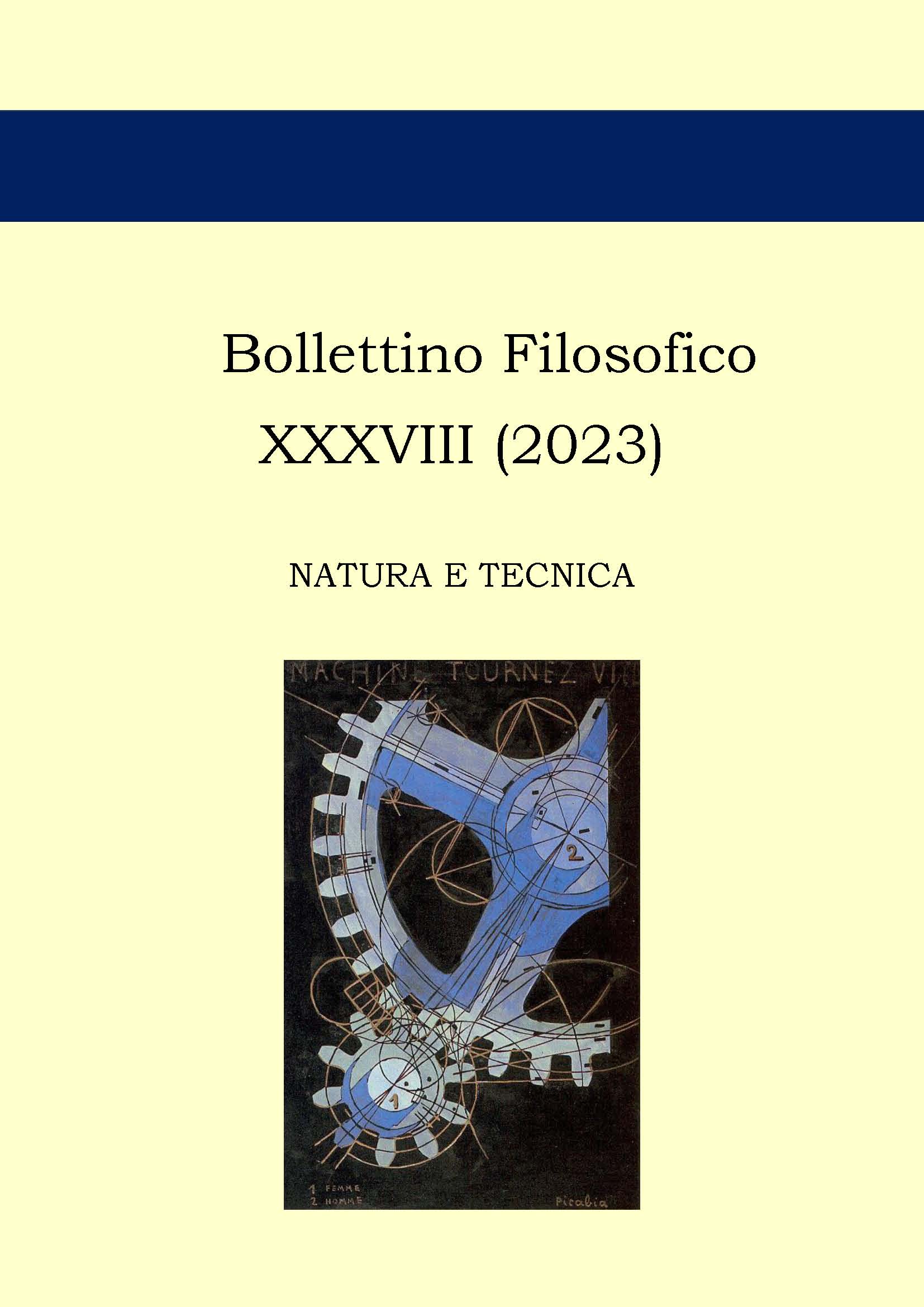Nature and the Technological Device. In the Light of an Ethics of Remains
DOI:
https://doi.org/10.6093/1593-7178/10375Abstract
The theme of remains (from domestic waste to trash) offers a philosophical test case for our projects of order and meaning, both personally and socially. Through a multilayered argumentative articulation, ranging from the theories of the subject (in light of the psychoanalytic problem of repression and the double) to a few paragraphs of Heidegger’s Sein und Zeit, and to the topic of the current technological waste (WEEE), the present paper attempts to lay the philosophical foundations of a “new humanism”. To that effect, the conclusions center on the figure of Aurelio Peccei, the founder of the Club of Rome, and on that of Jorge M. Bergoglio. Both of them propose, as a response to the danger of an imminent environmental catastrophe, a new anthropological model and a new theory of action.
Keywords: Action, Feedback, New Humanism, Repentance, Subject
Downloads
Downloads
Published
How to Cite
Issue
Section
License
The author retains the copyright of his work whilst granting anyone the possibility “to reproduce, distribute, publicly communicate, publicly exhibit, display, perform and recite the work”, provided that the author and the title of the journal are cited correctly. When submitting the text for publication the author is furthermore required to declare that the contents and the structure of the work are original and that it does not by any means compromise the rights of third parties nor the obligations connected to the safeguard of the moral and economic rights of other authors or other right holders, both for texts, images, photographs, tables, as well as for other parts which compose the contribution. The author furthermore declares that he/she is conscious of the sanctions prescribed by the penal code and by the Italian Criminal and Special Laws for false documents and the use false documents, and that therefore Bollettino Filosofico is not liable to responsibilities of any nature, civil, administrative or penal, and that the author agrees to indemnify and hold Bollettino Filosofico harmless from all requests and claims by third parties.

